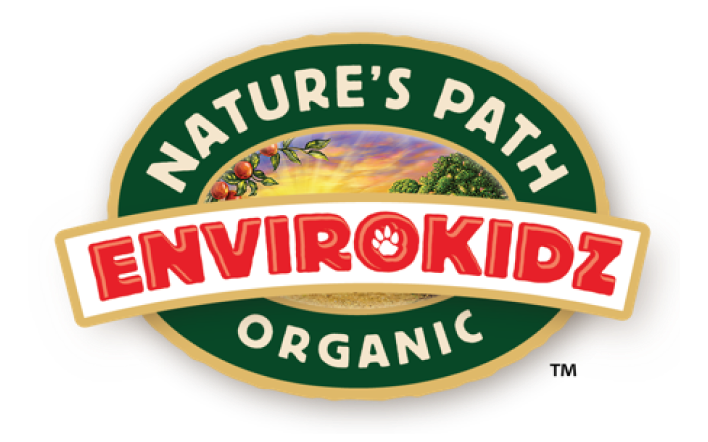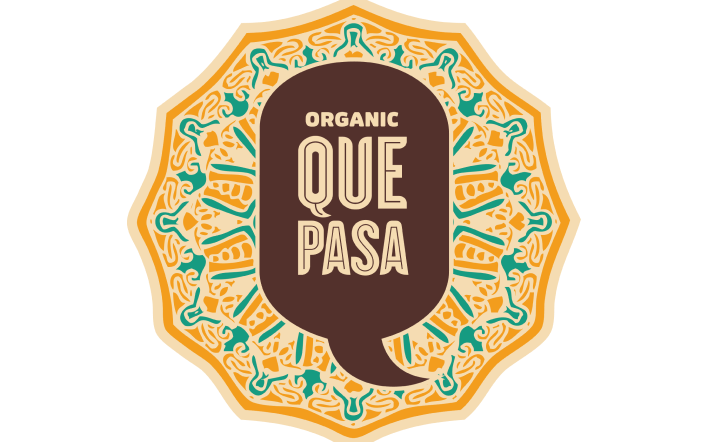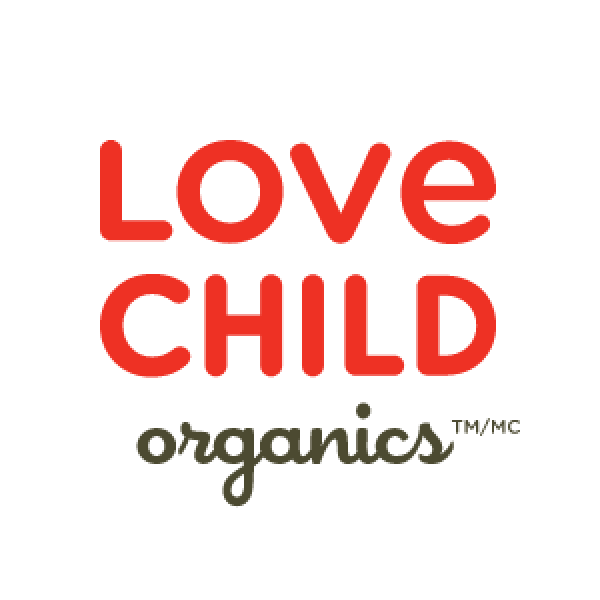
4 Ways to Detoxify Your Kitchen
Life seems to be getting more and more complicated. There's always a laundry list of things to do and never enough time to get it all done. But there are elements of your life that should never be complicated - one of those things is the ingredients list on your household products. Have you taken a gander at the products floating around your kitchen lately? Go find one - I’ll wait. Got one? Well, that word you can’t pronounce is a chemical that shouldn’t be there. Read on for 4 ways to detoxify your kitchen (simplicity just might have some health benefits!)
 Non-stick pans are an easy alternative to endlessly scraping your pans clean, but the convenience may come at a cost. Overheating a Teflon coated pan has been shown to cause flu-like symptoms in humans. Additionally, perfluorooctanoic acid or PFOA, a chemical used in the process of making the Teflon has been linked to an increased risk of testicular cancer, kidney cancer, and thyroid cancer. Use of the chemical in Teflon has been phased out since 2015, but would still be present in older pans. Further research needs to be conducted to get definitive results, but the preliminary findings in studies conducted in both humans and animals suggest significant possible health impacts from exposure to PFOA. Switching to stainless steel or cast iron cookware instead of pans with Teflon coating can ensure there are fewer toxins entering your body.
Non-stick pans are an easy alternative to endlessly scraping your pans clean, but the convenience may come at a cost. Overheating a Teflon coated pan has been shown to cause flu-like symptoms in humans. Additionally, perfluorooctanoic acid or PFOA, a chemical used in the process of making the Teflon has been linked to an increased risk of testicular cancer, kidney cancer, and thyroid cancer. Use of the chemical in Teflon has been phased out since 2015, but would still be present in older pans. Further research needs to be conducted to get definitive results, but the preliminary findings in studies conducted in both humans and animals suggest significant possible health impacts from exposure to PFOA. Switching to stainless steel or cast iron cookware instead of pans with Teflon coating can ensure there are fewer toxins entering your body.
![]()
 There are two main types of cutting boards - wood or plastic. Both cutting boards have pros and cons, but the most important thing to remember is that the cutting board that you’re using is only as safe as your maintenance routine. Plastic cutting boards have been marketed as being “safer”, but that safety dramatically decreases with use as they accumulate grooves from knife cuts - those grooves are a hotbed for bacteria. Wood on the other hand is more difficult to sanitize than the plastic counterparts but the strength of the material prevents grooves and bacteria growth. To prevent cross contamination and bacteria growth, it is recommended that you use plastic cutting boards for meat and wood cutting boards for fruit or vegetable preparation or any ready-to-eat foods like bread or cheese. No matter which cutting board you use, after each use, scrub your cutting board in hot, soapy water, then rinse and allow to air dry or pat dry with a clean dish towel. If your board has cracks, crevices, or gouges, it is time to replace it.
There are two main types of cutting boards - wood or plastic. Both cutting boards have pros and cons, but the most important thing to remember is that the cutting board that you’re using is only as safe as your maintenance routine. Plastic cutting boards have been marketed as being “safer”, but that safety dramatically decreases with use as they accumulate grooves from knife cuts - those grooves are a hotbed for bacteria. Wood on the other hand is more difficult to sanitize than the plastic counterparts but the strength of the material prevents grooves and bacteria growth. To prevent cross contamination and bacteria growth, it is recommended that you use plastic cutting boards for meat and wood cutting boards for fruit or vegetable preparation or any ready-to-eat foods like bread or cheese. No matter which cutting board you use, after each use, scrub your cutting board in hot, soapy water, then rinse and allow to air dry or pat dry with a clean dish towel. If your board has cracks, crevices, or gouges, it is time to replace it.
Teflon Pans
 Non-stick pans are an easy alternative to endlessly scraping your pans clean, but the convenience may come at a cost. Overheating a Teflon coated pan has been shown to cause flu-like symptoms in humans. Additionally, perfluorooctanoic acid or PFOA, a chemical used in the process of making the Teflon has been linked to an increased risk of testicular cancer, kidney cancer, and thyroid cancer. Use of the chemical in Teflon has been phased out since 2015, but would still be present in older pans. Further research needs to be conducted to get definitive results, but the preliminary findings in studies conducted in both humans and animals suggest significant possible health impacts from exposure to PFOA. Switching to stainless steel or cast iron cookware instead of pans with Teflon coating can ensure there are fewer toxins entering your body.
Non-stick pans are an easy alternative to endlessly scraping your pans clean, but the convenience may come at a cost. Overheating a Teflon coated pan has been shown to cause flu-like symptoms in humans. Additionally, perfluorooctanoic acid or PFOA, a chemical used in the process of making the Teflon has been linked to an increased risk of testicular cancer, kidney cancer, and thyroid cancer. Use of the chemical in Teflon has been phased out since 2015, but would still be present in older pans. Further research needs to be conducted to get definitive results, but the preliminary findings in studies conducted in both humans and animals suggest significant possible health impacts from exposure to PFOA. Switching to stainless steel or cast iron cookware instead of pans with Teflon coating can ensure there are fewer toxins entering your body.
BPA
Bisphenol-A, more commonly known as BPA, is a chemical found in some plastics - specifically those labeled number 7. BPA is added to make the plastic products shatterproof, but unfortunately the chemical also has a myriad of negative health effects. Elevated levels of BPA have been found in 93 percent of the Americans as tested by the Centers for Disease Control (CDC) and exposure to the chemical has been linked to breast and prostate cancer, asthma, and cardiovascular problems. In addition to being found in plastic containers, BPA is also found in the lining of many canned foods and drinks. A study conducted by Harvard researchers looked at participants’ urinary BPA levels after eating one serving of canned soup for lunch for five days straight. Results showed that BPA levels in those participants were above 20 micrograms per liter - compared to the around two micrograms recorded in those eating fresh, not canned, soup. To avoid experiencing elevated levels of BPA, it is suggested to switch from plastic bottles to glass or metal, and look for canned foods labeled “BPA free”. Or forgo cans completely, instead opting for glass containers or frozen options.Cutting Boards
 There are two main types of cutting boards - wood or plastic. Both cutting boards have pros and cons, but the most important thing to remember is that the cutting board that you’re using is only as safe as your maintenance routine. Plastic cutting boards have been marketed as being “safer”, but that safety dramatically decreases with use as they accumulate grooves from knife cuts - those grooves are a hotbed for bacteria. Wood on the other hand is more difficult to sanitize than the plastic counterparts but the strength of the material prevents grooves and bacteria growth. To prevent cross contamination and bacteria growth, it is recommended that you use plastic cutting boards for meat and wood cutting boards for fruit or vegetable preparation or any ready-to-eat foods like bread or cheese. No matter which cutting board you use, after each use, scrub your cutting board in hot, soapy water, then rinse and allow to air dry or pat dry with a clean dish towel. If your board has cracks, crevices, or gouges, it is time to replace it.
There are two main types of cutting boards - wood or plastic. Both cutting boards have pros and cons, but the most important thing to remember is that the cutting board that you’re using is only as safe as your maintenance routine. Plastic cutting boards have been marketed as being “safer”, but that safety dramatically decreases with use as they accumulate grooves from knife cuts - those grooves are a hotbed for bacteria. Wood on the other hand is more difficult to sanitize than the plastic counterparts but the strength of the material prevents grooves and bacteria growth. To prevent cross contamination and bacteria growth, it is recommended that you use plastic cutting boards for meat and wood cutting boards for fruit or vegetable preparation or any ready-to-eat foods like bread or cheese. No matter which cutting board you use, after each use, scrub your cutting board in hot, soapy water, then rinse and allow to air dry or pat dry with a clean dish towel. If your board has cracks, crevices, or gouges, it is time to replace it.
Asbestos
Asbestos is a microscopic fibrous material that was widely used in building materials and appliances through the 1970s. The toxin is still legal in the United States in limited amounts, and found in many homes and offices today. Asbestos can be found in vinyl wallpaper, insulation, floor and ceiling tiles, and radiators, all found especially in older kitchens . When the product is damaged, for instance a chipped floor tile or peeling wallpaper, the fibers can become airborne and inhaled, where they may lead to the development of mesothelioma cancer over time. A diagnosis of mesothelioma is extremely disheartening because there is currently no cure and prognosis for the cancer is poor. Most patients live only 12 to 21 months following diagnosis. Mesothelioma is a preventative cancer, if you can avoid exposure. If your home was built between 1930 and 1980 and your kitchen (or any part of your home) contains asbestos-based products, hiring a specialist to complete an inspection may prevent a needless battle with cancer in the future.Being aware of the toxins present in your kitchen can ensure that you and your family have a long healthy life ahead! Improvement won’t be immediately obvious, but over time your health will be in a better place than it would have been otherwise. Begin 2018 by making simple changes today for a better tomorrow.
Would you like to be the first to hear about our new products and more? Sign up for our Nature’s Path Newsletter.






